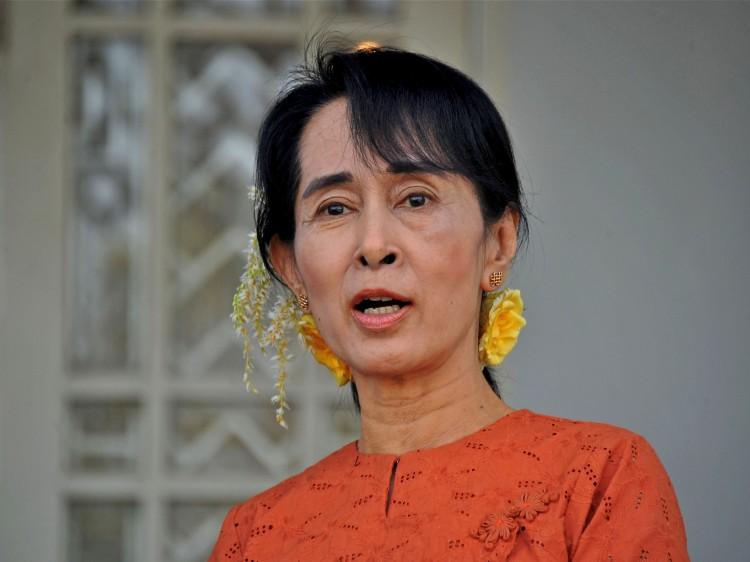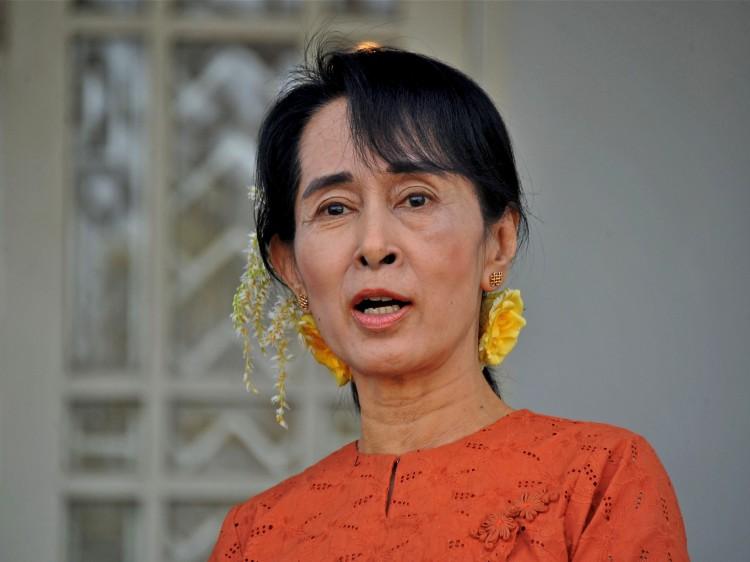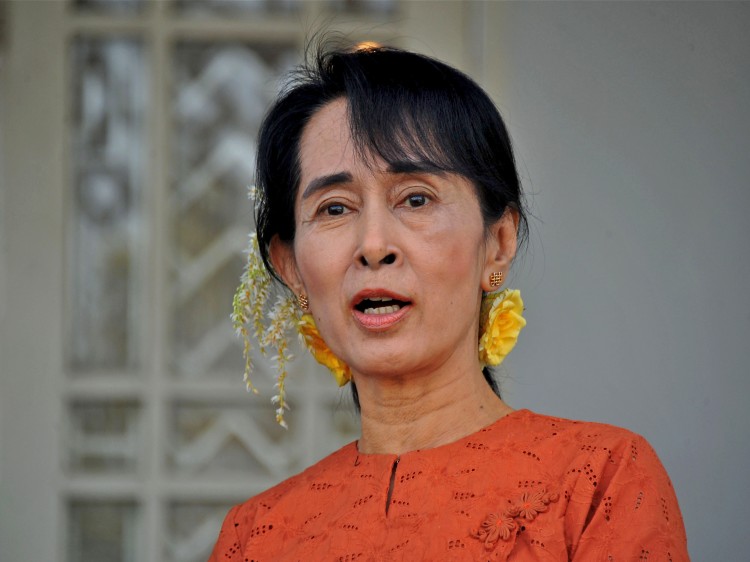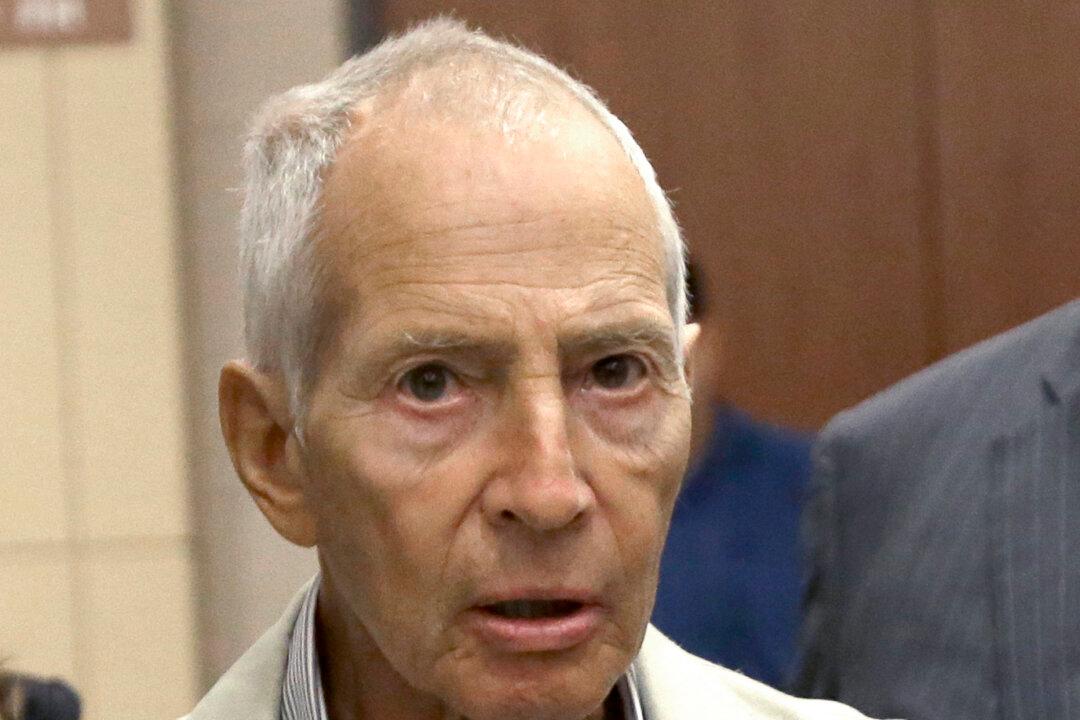Burmese pro-democracy activist Aung San Suu Kyi said in a recent interview she is hopeful that her country will hold democratic elections in her lifetime.
Suu Kyi, 66, who spent the better part of 20 years jailed by the former ruling military junta, did not specify when she thinks the changes will take place, but told the BBC in an exclusive interview that she sees more reforms on the horizon.
Burma will see “full democratic elections in my lifetime,” she said and added, “But then of course I don’t know how long I’m going to live. But if I live a normal lifespan, yes.”
The changes are not “as fast a lot of us would like it to be” but it is not “too slow,” Suu Kyi said, while mentioning that she trusts current president Thein Sein but does not trust other aspects of the current government. Sein, a former general in Burma’s ruling junta, took the presidency after the country’s first post-junta elections held in November 2010.
“He is a man capable of taking risks if he thinks they are worthwhile,” she said of Sein.
However, “I can’t yet trust the government for the simple reason that I don’t yet know all the members of government,” she added.
Burma has released a number of prisoners in recent months, including some earlier this week during the country’s independence day. However, Suu Kyi and some activists have said that of those released, few were political prisoners.
Of the several hundred political prisoners in the country, Burma only released 30 of them, Suu Kyi said in a speech on Wednesday, according to the Irrawaddy publication. “Please keep it firmly in mind that one person alone cannot enact reforms,” she said of President Sein.
Between 600 and 1,000 dissidents, journalists, monks, and others are thought to still be behind bars in Burma.
Her interview comes as U.K. Foreign Secretary William Hague arrives in the country, meeting with members of the government, including President Sein, in the capital Naypyidaw.
In regard to the reforms, Hague said he had a “sincere hope that there will be further progress in the weeks and months ahead,” according to a transcript.
“I made clear that the British government expects to see the release of all political prisoners, credible by-elections in April, and a genuine alleviation of the suffering in ethnic areas,” he added.
Hague is the first British foreign secretary to visit Burma, which was renamed Myanmar by the junta, since 1955. U.S. Secretary of State Hillary Clinton made a similar visit last month.
He noted that Burma has released some political prisoners, engaged opposition parties, and brought about improvements in press freedom.
“Further steps are needed that will have a lasting impact on human rights and political freedom in Burma. In particular, we hope to see the release of all remaining political prisoners,” Hague said.






